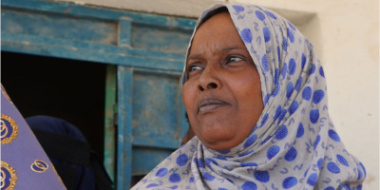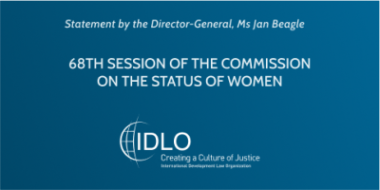The Road to Justice: Perspectives from Uganda
“I heard on the radio that this place helps people at no cost,” said Sarah*, a client at a legal aid center in Jinja, Uganda. Sarah’s estranged husband had refused to provide maintenance for their children.












